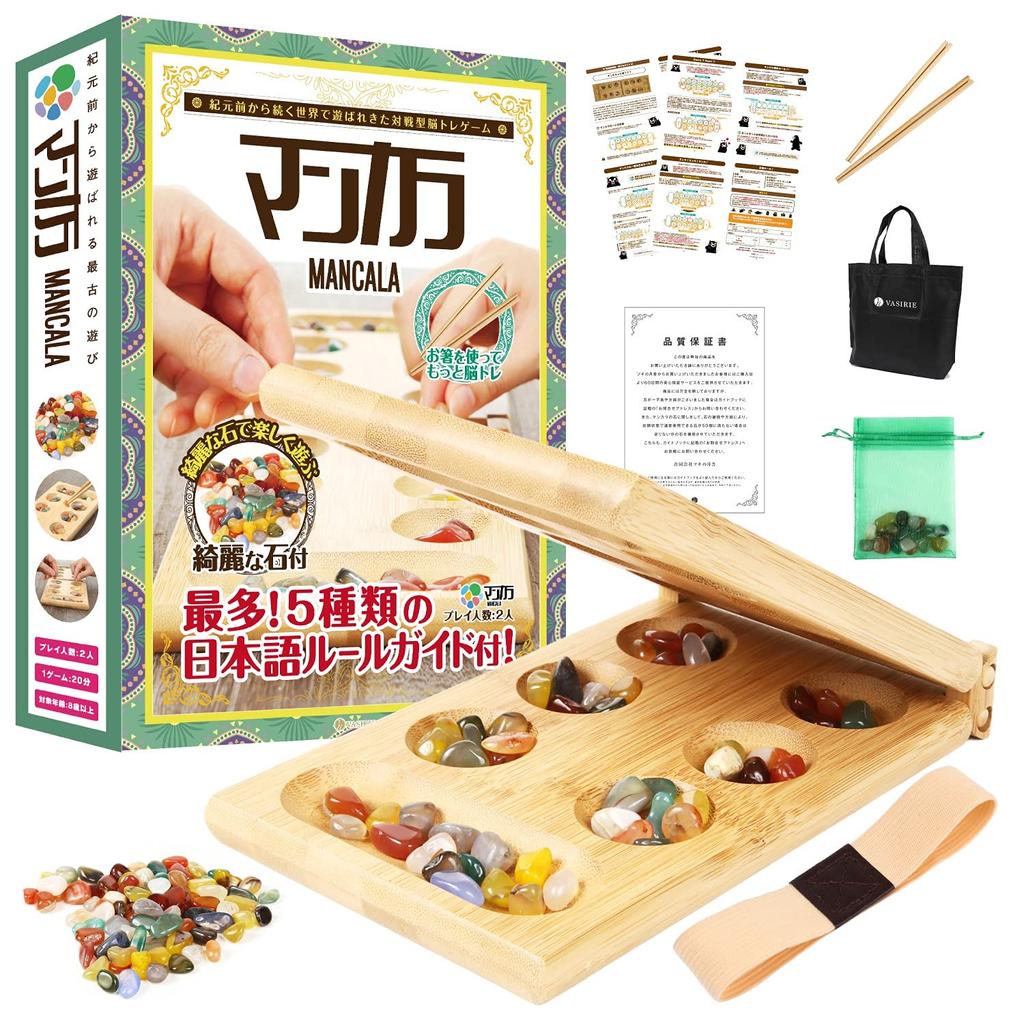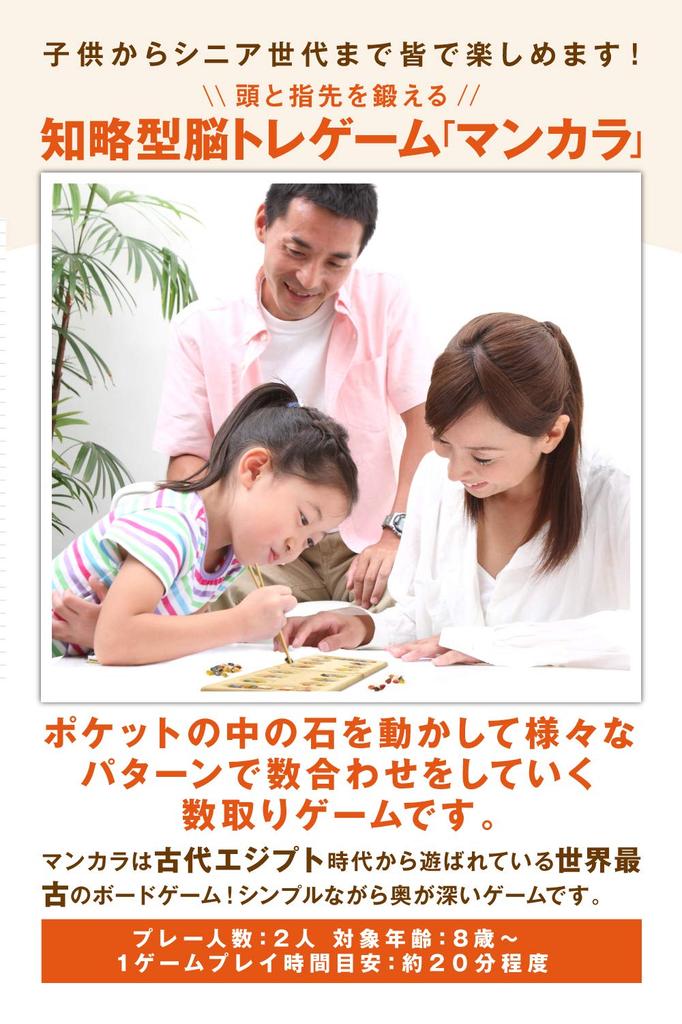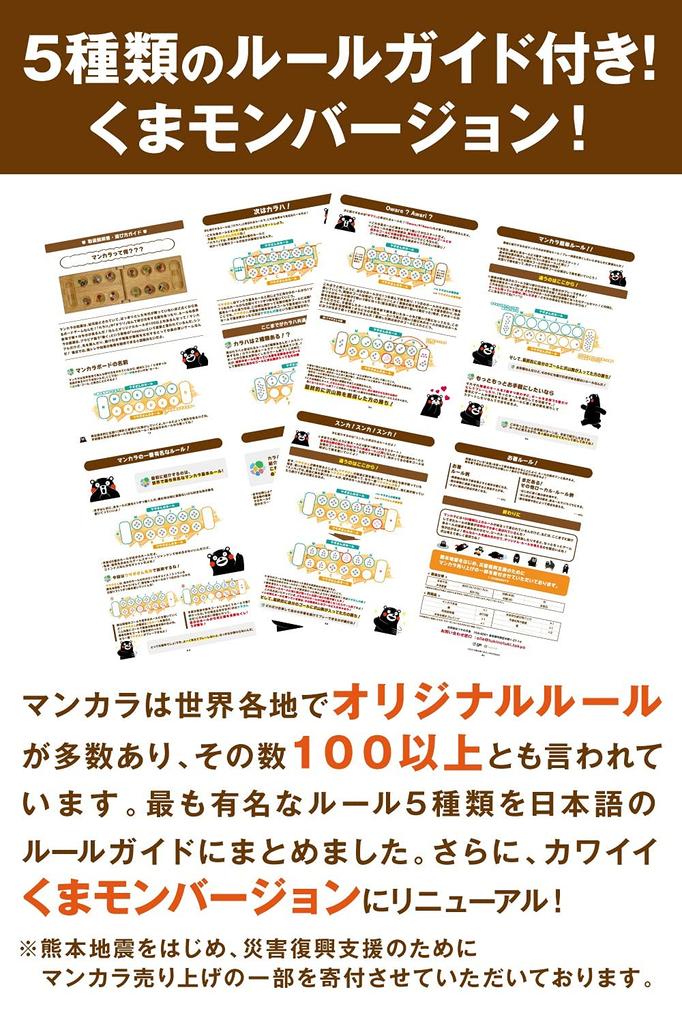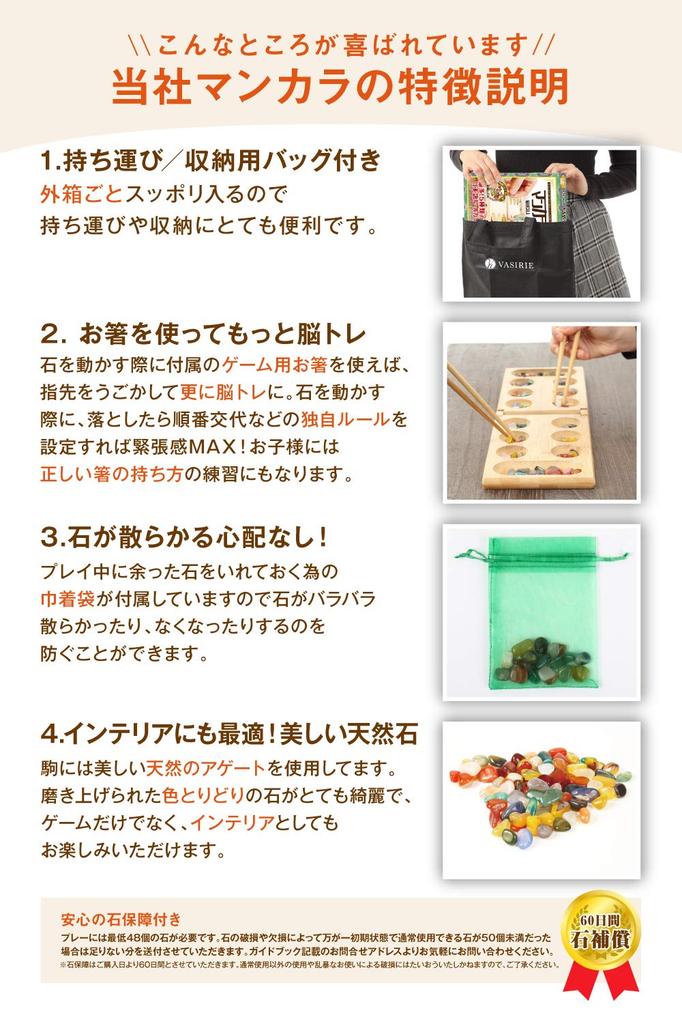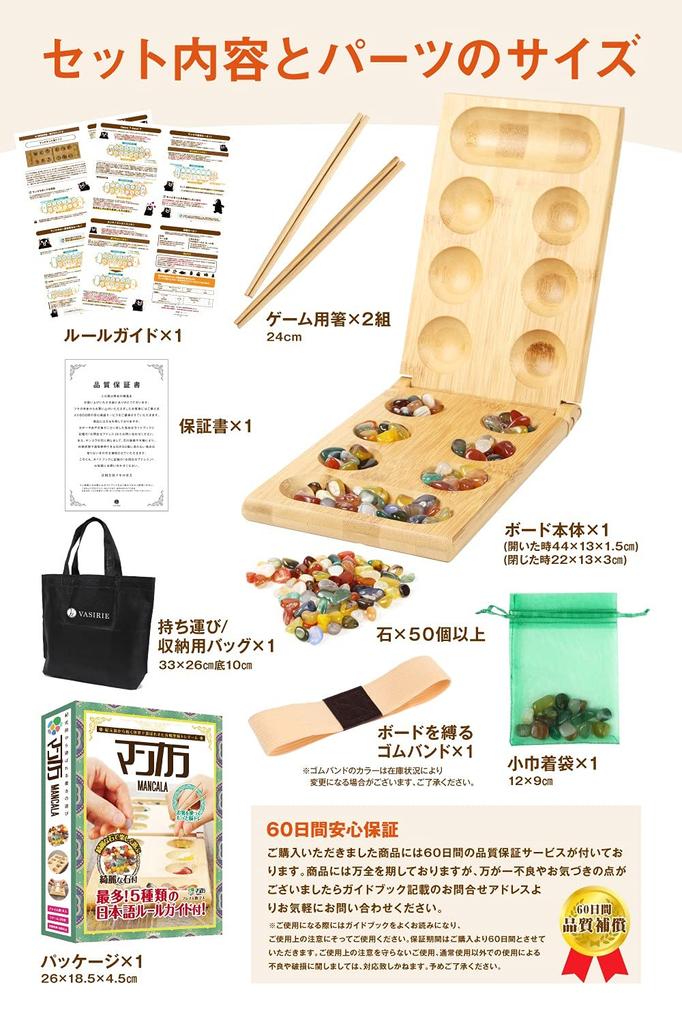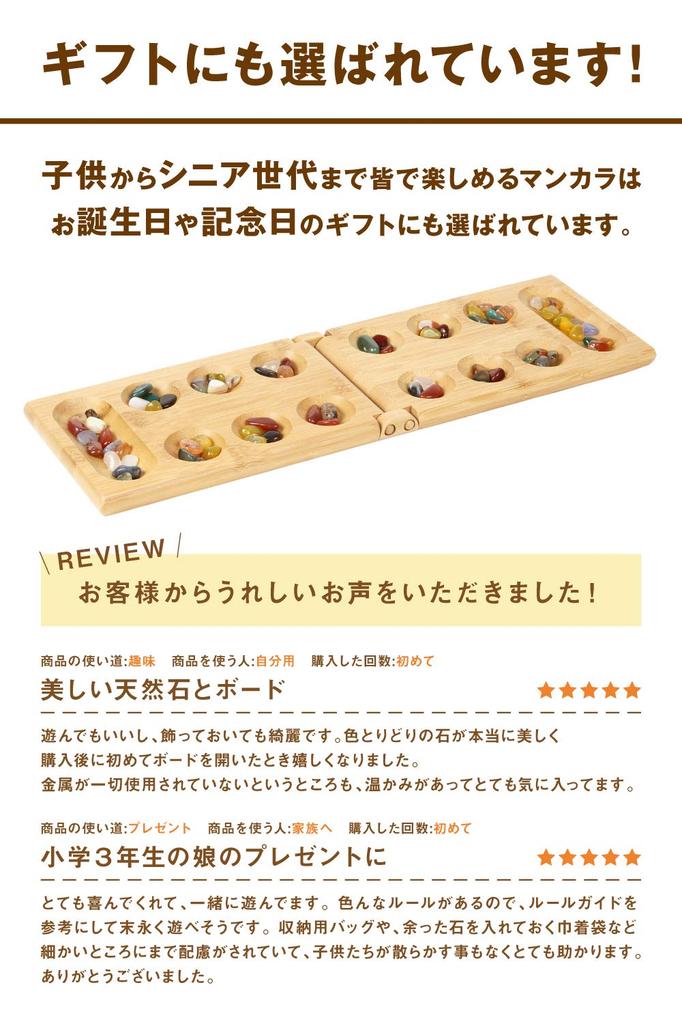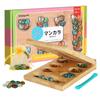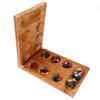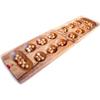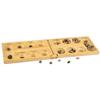----------------------------------------------------------------------
【Cautions for using electrical products】
When using electrical appliances, please note that the voltage is different from that of Japan, which may cause malfunctions.
Since the plug type is Japan type(A or B type), please check the voltage and use a transformer.
Please note that a transformer is different from a conversion adapter.
We are not responsible for malfunctions caused by use without a transformer.
【Voltage Compatibility】
When using electrical appliances, please note that they are designed for Japanese voltage specifications (90-110V), so if you use them with a different voltage, it may cause a malfunction.
【Plug Type】
Our products use Japanese plug types (A or B type).
Please use a conversion adapter if necessary.
【Important Note on Transformers and Adapters】
A transformer adjusts voltage to match your device’s requirements.
A conversion adapter only changes the plug shape and does not adjust voltage.
Using only a conversion adapter without a transformer may result in damage to the product.
【Liability】
We are not responsible for malfunctions or damages caused by improper use, such as operating the product without a transformer.
----------------------------------------------------------------------
[Includes 5 Japanese rule guides] There are said to be over 100 different Mancala rules around the world, and we have compiled the 5 most popular rules into a Japanese rule guide.
[More brain training with the game's chopsticks] Use the included chopsticks to move the stones and use your fingertips to further enhance the brain training effect. The range of ways to play is expanded, such as taking turns when dropping a stone! It also helps you practice how to hold chopsticks.
[No need to worry about pieces getting scattered] A small drawstring bag is included to store unused or extra pieces during the game. You can also use it to store pieces, so you don't have to worry about them getting scattered or lost.
Mancala is known by various names around the world, including Kalah and Owari. It's said to be the world's oldest board game, dating back to ancient Egypt, and is still played around the world today. The basic number of players is two. It's a counting game in which you move stones to make up a number, but there are said to be over 100 variations on the rules. With no element of luck involved, it's a simple yet deep game that requires strategy and reading each other's moves. It can be enjoyed by everyone, from children to seniors, with family and friends.




